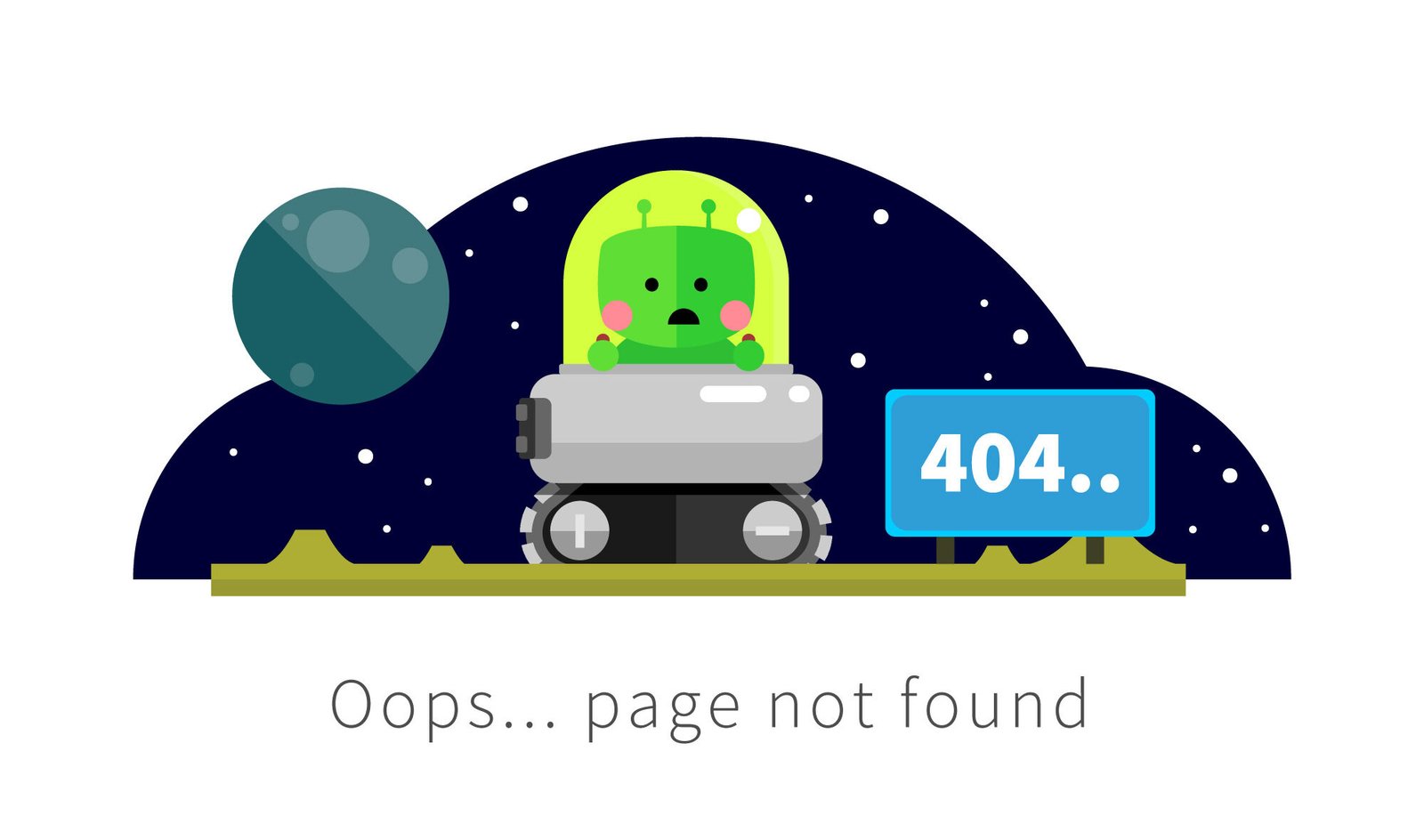
Artificial intelligence is reshaping the way people search online, but it’s also introducing a new problem: broken links. A recent study analyzing 16 million URLs found that AI-powered search assistants send users to 404 error pages nearly three times more often than Google Search.
ChatGPT Tops the List in Hallucinated Links
Among the AI assistants tested, ChatGPT generated the highest rate of fake URLs. Roughly 1% of all clicked links led to error pages, compared to Google’s much lower 0.15%. When looking at all URLs mentioned (not just clicked), the gap widens further—2.38% of ChatGPT’s links failed, while Google’s rate stood at just 0.84%.
Other AI tools showed mixed results:
- Claude: 0.58% broken links
- Copilot: 0.34%
- Perplexity: 0.31%
- Gemini: 0.21%
- Mistral: 0.12% (but with the least traffic contribution)
Why Are AI Systems Creating Fake URLs?
Researchers identified two main reasons:
- Outdated references – Some pages once existed but were later deleted or moved, and AI still points to them.
- Fabricated links – AI sometimes generates URLs that look correct but never actually existed.
For example, Ahrefs noted that AI assistants created links such as “/blog/internal-links/” and “/blog/newsletter/” that sound like they should be part of their site, but aren’t real.
Is This a Big Problem for Websites?
For now, the overall traffic impact is minimal. AI assistants account for just 0.25% of website traffic, while Google still dominates with 39.35%. However, as AI search grows, so does the risk of hallucinated links creating confusion for users and websites alike.
Adding to the challenge, 74% of new web pages now include AI-generated content, some of which may contain broken or fake URLs. If web crawlers index these, the issue could spread further across the web.
Google’s Prediction Was Spot On
Back in March, Google’s John Mueller warned that AI hallucinations would cause “a slight uptick” in broken links. He advised site owners to optimize their 404 pages instead of chasing fake traffic—a recommendation that seems wise given the limited impact for now.
As AI technology matures, the expectation is that these systems will get better at handling URLs. Until then, businesses should monitor their analytics and make sure their 404 pages guide visitors back to valuable content instead of leaving them stranded.
At SEO Guru NYC, our team of expert SEO consultants in New York stays ahead of evolving trends in search—whether it’s AI-driven results, broken link challenges, or Google’s algorithm updates. We help businesses strengthen their online visibility, optimize for accuracy, and protect against issues that can harm rankings and user experience. If you’re ready to improve your website’s SEO performance and stay competitive in the AI era, reach out to SEO Guru NYC today.




